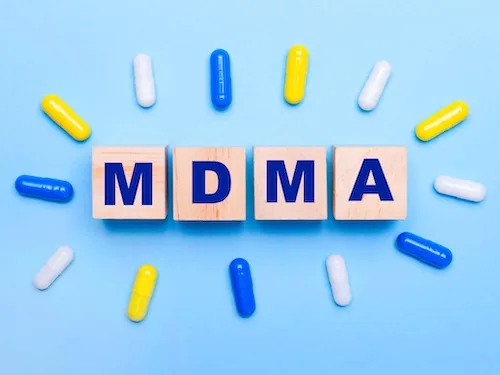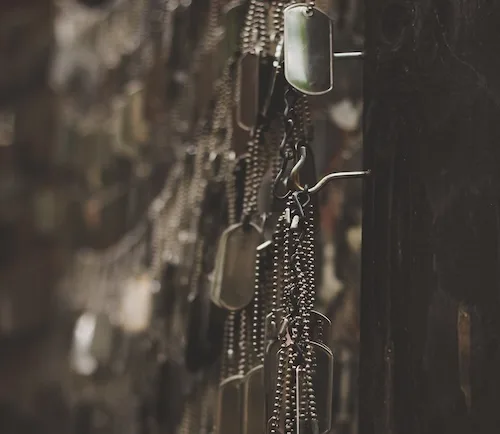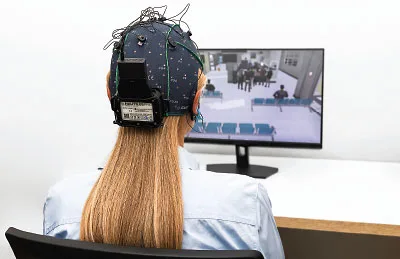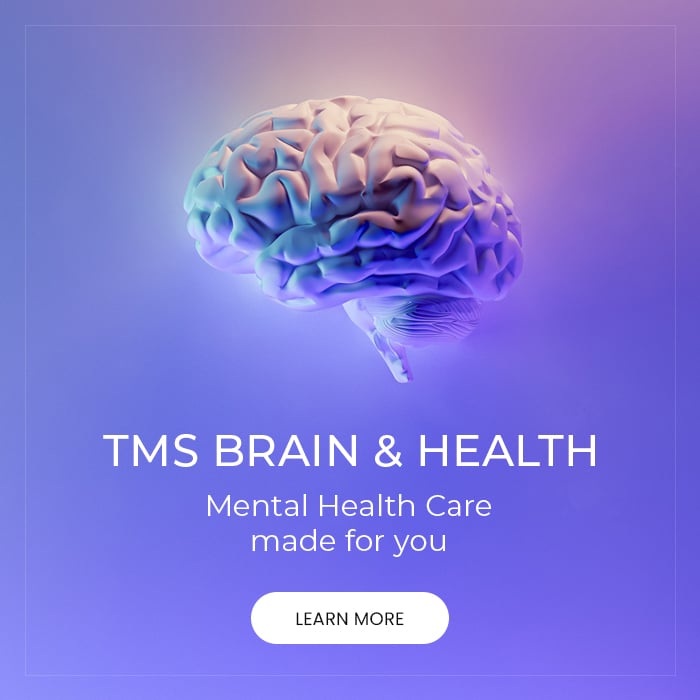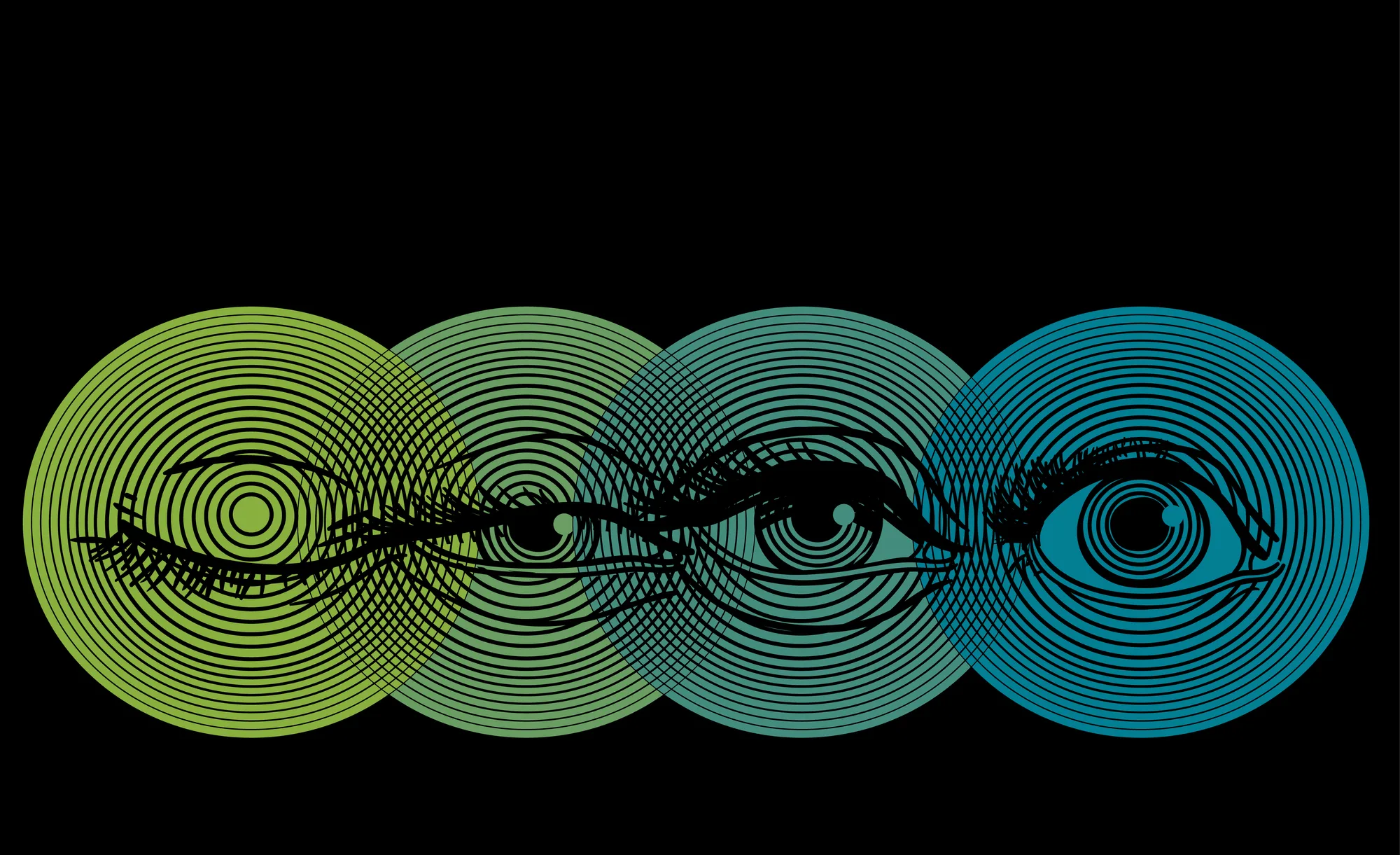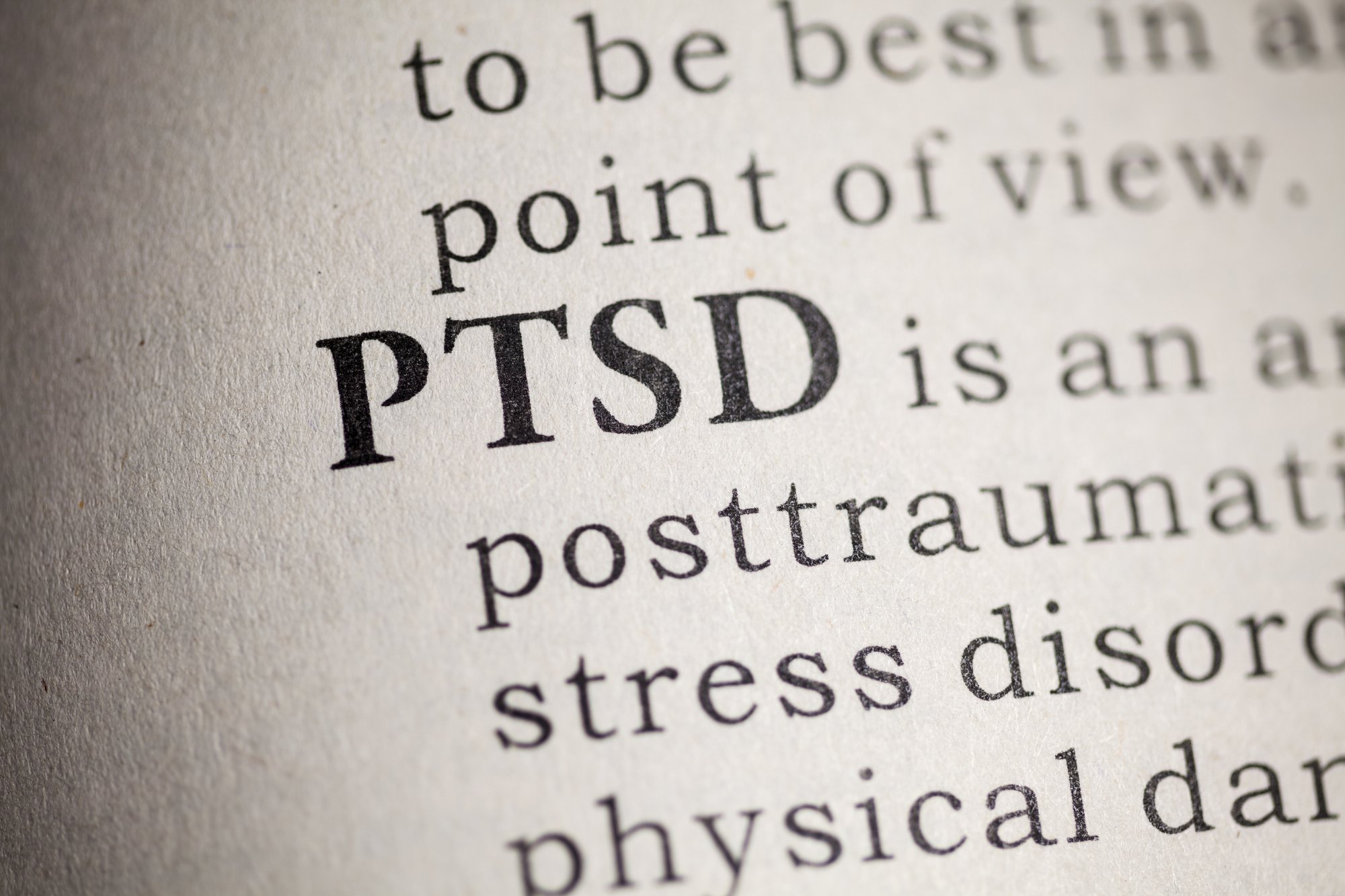Having anxiety around going to the dentist is extremely common; hardly anyone finds going to the dentist exciting or comfortable. Some people struggle with a more severe fear around going to the dentist — this is known as dentophobia, or odontophobia. Related to iatrophobia (a fear of doctors) and trypanophobia (a fear of needles), dentophobia is common among people of all ages. In milder forms, it can cause significant anxiety around dentist appointments, and in more severe cases, it can lead to health problems.
Elements of Dentophobia
Dentophobia can be subdivided into several components. Most individuals with this fear experience more than one aspect, while those with severe dentophobia may be fearful of all or most elements at the same time.
- The dentist: Like physicians, Internal Revenue Service auditors, and other professionals in commonly feared fields, dentists are often inaccurately depicted as cruel, insensitive, or even sadistic. If you have had a negative experience with a particular dentist, you may be more susceptible to this phobia.
- Pain: In the past, it was difficult or impossible to perform dentistry without any pain. Even today, some procedures may cause a minimal amount of discomfort. Many people are highly sensitive to oral pain and fear that the pain will be unbearable.
- Numbness or gagging: Some individuals, particularly those who have experienced breathing difficulties, are afraid from dental procedures like rubber dam insertion or classic impression techniques, they worry that you won’t be able to breathe or swallow. Additionally, many people find gagging to be significantly uncomfortable and may worry about the possibility of gagging at the dentist.
The worse thing about gag reflex is that once triggered it is aggravated in such a way that mild procedures that normally not considered to be triggers will even trigger the reflex
- Sounds and smells: Many people, especially those who have had previous negative experiences with dentists, fear the sounds and odors of a dental office, particularly the sound of the drill. Since it activates the bad memories kept in their brain about past fearful or painful experiences
- Needles: If you have a fear of needles, you may be extremely frightened of the injections used by dentists to numb the mouth. And the anesthetic needle is one of the most commonly used annoying things in dental practice
Health Complications
Dentophobia often leads people to avoid scheduling dental appointments, and this can lead to complications with teeth and gum health. Dental health can vary greatly among individuals due to a combination of genetics and habits. Some individuals can go for extended periods without visiting the dentist with no adverse effects on their oral health, while others are susceptible to cavities and gum disease despite diligent brushing and flossing. For those who are not among the fortunate few, dentophobia can have significant impacts on their lives.
Untreated tooth decay can escalate over time. Minor cavities that could have previously been easily filled can progress to broken and decaying teeth, necessitating costly and invasive root canal procedures and restorative work. Dentophobia can further deter you from seeking treatment, leading to a vicious cycle of dental deterioration.
In today’s society, having clean, healthy, and sparkling teeth is considered the norm. If your teeth become decayed and damaged, you may face social stigma, hindrances in obtaining certain employment opportunities, and even negative impact on your personal relationships. This can result in feelings of isolation, depression, social anxiety, and even social withdrawal.
In some instances, dental issues can result in infections. Neglecting to treat these infections can allow them to spread, leading to serious medical conditions. Additionally, infected tissues often cause pain, making it easier to develop dentophobia.
How to Cope with Dentophobia
If your dentophobia is so intense that it hinders your ability to receive dental care, it is advisable to seek the assistance of a qualified mental health professional before undergoing any dental procedures. Cognitive-behavioral therapy, medication, and hypnosis can help you manage your fear. There are also alternative options to help manage anxiety, such as transcranial magnetic stimulation and ketamine therapy.
Once you have your phobia under control and you’re able to visit the dentist, there are still more steps you can take to manage anxiety. It is crucial to select the right dentist, as dental practices have evolved significantly in recent years. Not all dentists use the same approaches and techniques to help patients with phobias. A professional dental office will have staff who understand how common anxiety is surrounding the dentist and will be ready to listen to your concerns and help you feel comfortable during your visit and fight against your fears.
Dr. Guneet Alag, the head doctor at Fab Dental, uses a variety of techniques to help anxious patients feel more comfortable in the office. She offers earbuds so patients can listen to music during the procedure, and lets them choose what they’d like to watch on the TV screen. She finds that the most effective technique is asking the patient what would be best for them specifically. Some patients prefer it when the dentist explains what will be happening throughout the procedure, and others prefer not to know all the details. Additionally, one of the most important tips is always reminding the patient that they can stop the procedure at any time. This helps the patient feel more in control and lets them take a break if they’re feeling overwhelmed.
Keep in mind that it’s perfectly acceptable to schedule a preliminary consultation without undergoing a full examination or diagnostic procedures. When you make the appointment, inform the dentist of your dentophobia and that you are not yet ready for a full examination. This initial meeting will give you the opportunity to build a relationship with the dentist and become comfortable with their approach and personality.
As you move forward with subsequent appointments, it’s important to remember that you are in charge to express your feelings. Work out a system with your dentist where you can signal when you need a break, and another signal to indicate that you need more anesthesia. Even details such as the angle of the dental chair and the order of procedures can be discussed beforehand. Discuss the option of sedatives with your dentist that can help you sleep through the dental procedure.
Dentophobia is a prevalent and treatable fear. However, if left untreated, it can result in various physical complications. It is advisable to first seek the help of a mental health professional to manage your phobia and then look for a dentist who makes you feel comfortable. Taking the time to find a dentist that you fully trust is well worth the effort.


